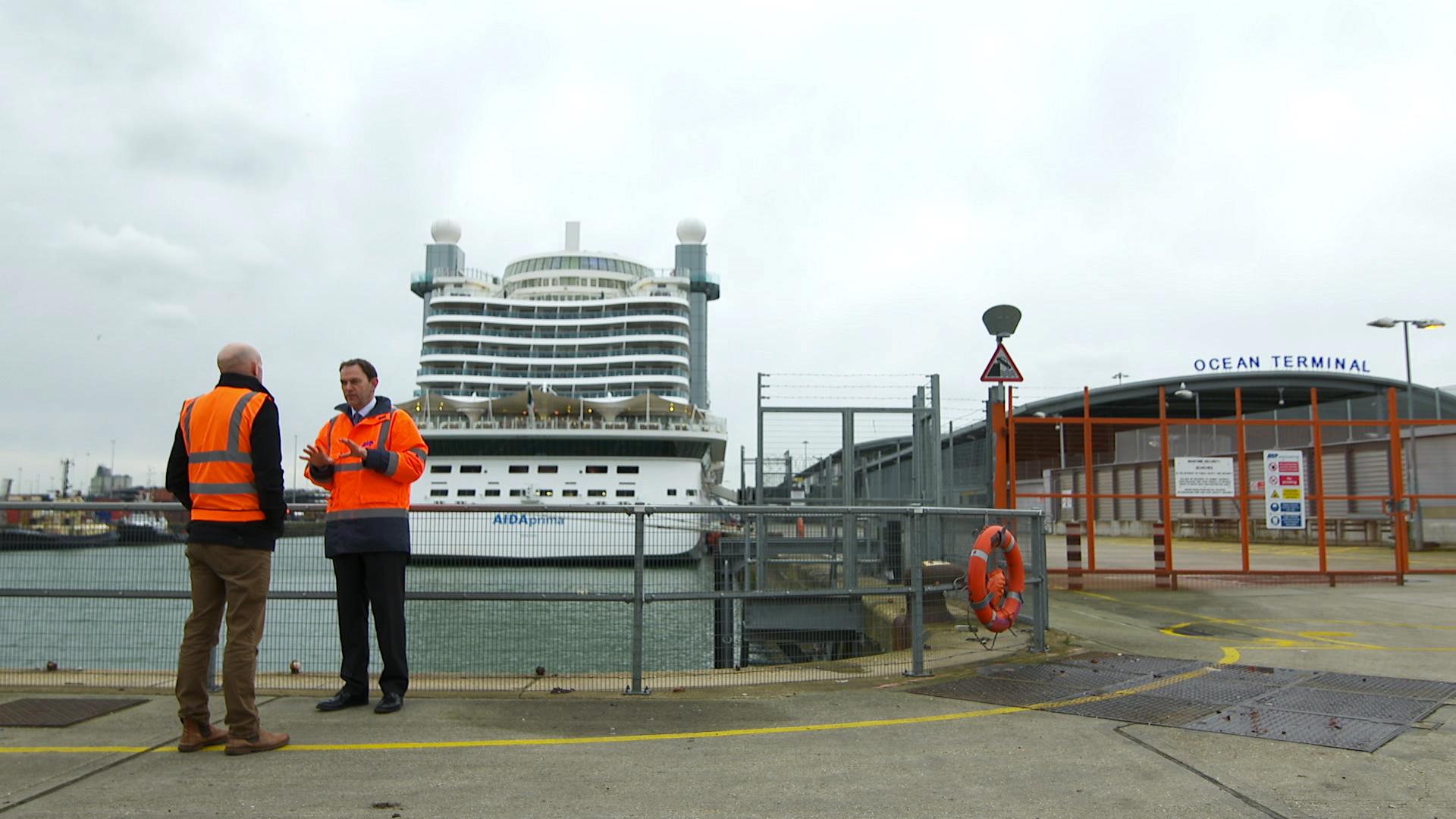Southampton air quality: New Forest rules out vehicle charges
- Published
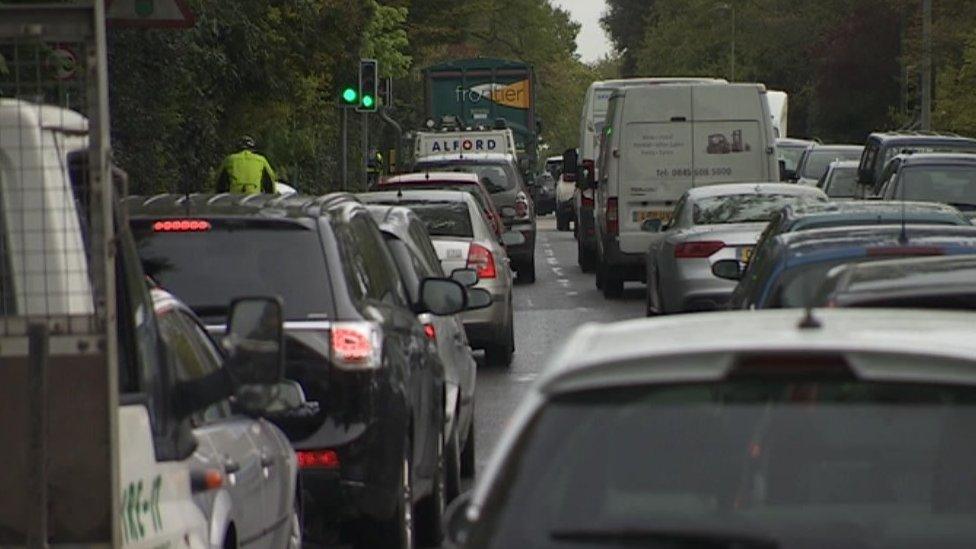
Southampton has been named by the World Health Organization as being at the limit for levels of fine particle pollution
New Forest council chiefs have ruled out major measures, including charging vehicles, to tackle poor air quality on the edge of Southampton.
The authority's cabinet think a rise in the use of cleaner vehicles will mean levels will be compliant by the end of 2019 without intervention.
The government had told New Forest and Southampton councils to make plans to tackle high levels of nitrogen dioxide.
Southampton has proposed a clean air zone with vehicle charging.
However, New Forest District Council's cabinet voted for a "business as usual" approach.
The authority said its plan, external had "followed an explicit framework set out by government which defines the parameters for actions that are permissible".
"The actions in the air quality final plan are within this remit," it said.
Electric charge points
It includes increasing the number of low emission vehicles within the council's fleet of vehicles, installing electric charge points on council-owned land and car parks, and extending the cycle route of the western approach scheme in Southampton to the A35 at Totton.
The New Forest authority will submit its plan to the government by 31 December for approval, which is expected in March 2019.
In May, Southampton was named by the World Health Organization as being at the limit for levels of fine particle pollution.
New Forest District Council was also told to reduce levels by 2020 as problem areas for air quality just outside Southampton fell under its authority.
A public consultation, external asked people about implementing a Southampton clean air zone, in which the highest polluting vehicles - including older lorries, buses and coaches - would be charged when they entered the city from 2019.
Some taxis could incur a daily charge of £12.50. Private cars, vans, minibuses and motorcycles would be exempt under the plans.
The city council is due to submit its plan to the government in January.
Birmingham, Leeds, Nottingham and Derby are also considering vehicle charges in order to reduce nitrogen dioxide levels by 2020.
- Published3 December 2018
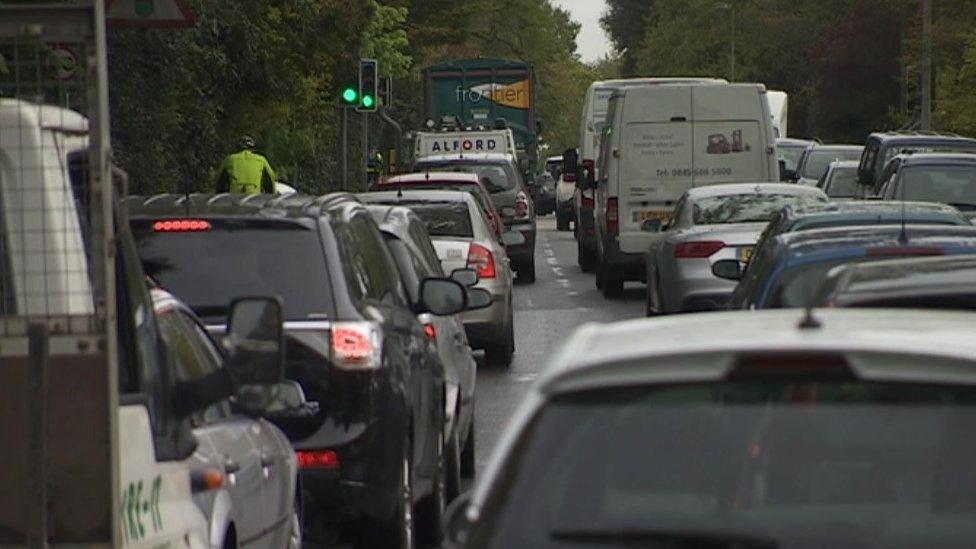
- Published7 September 2018
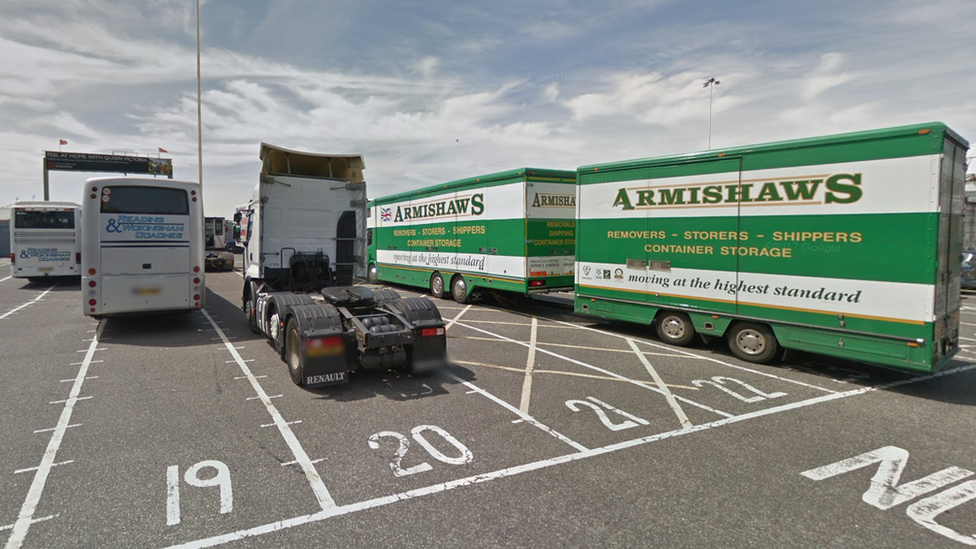
- Published27 June 2018
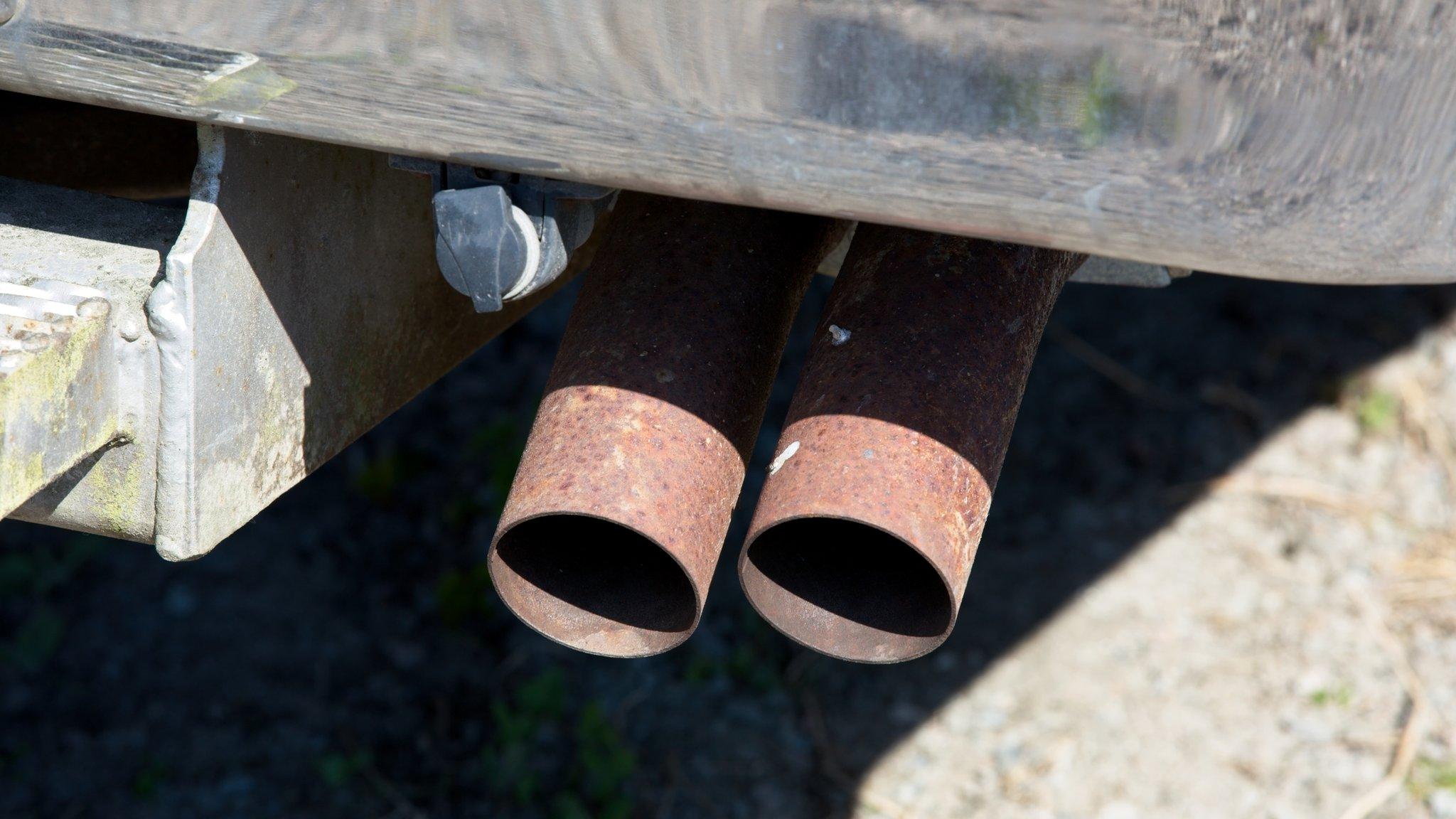
- Published4 May 2018
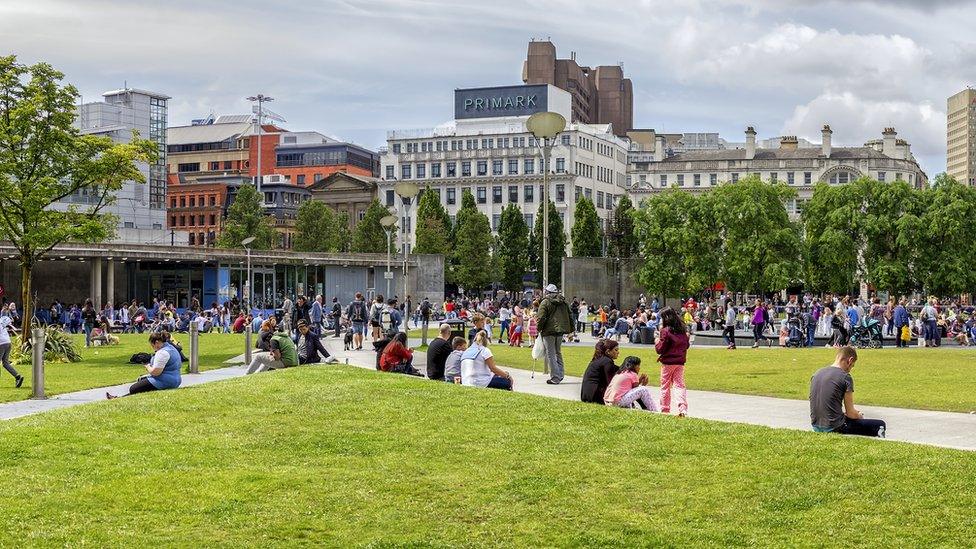
- Published6 March 2017
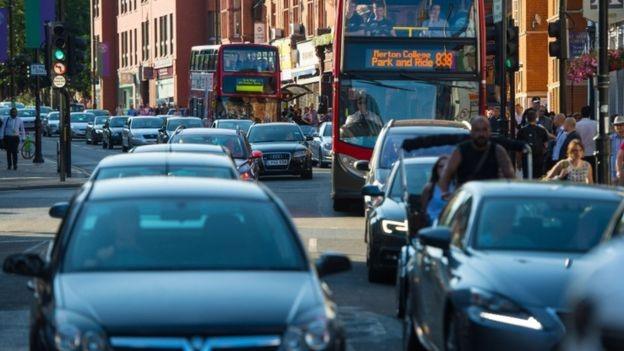
- Published6 March 2017
